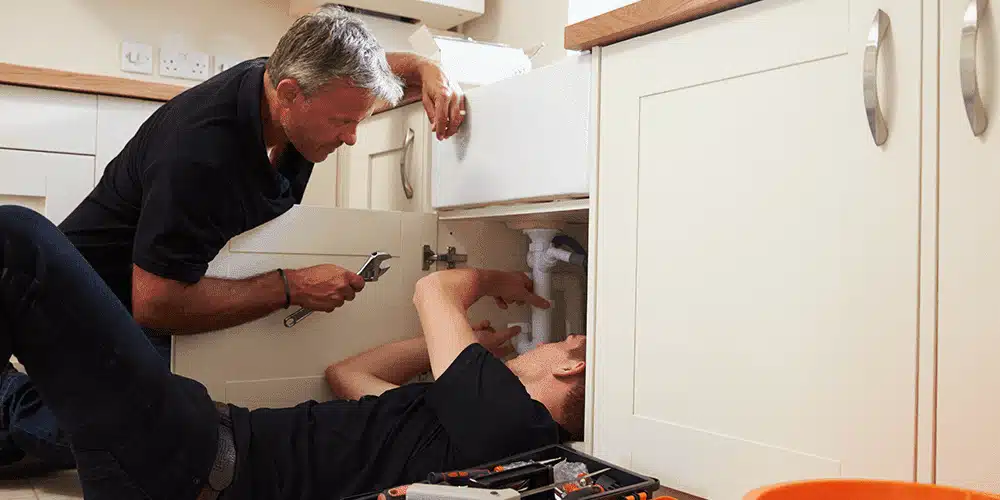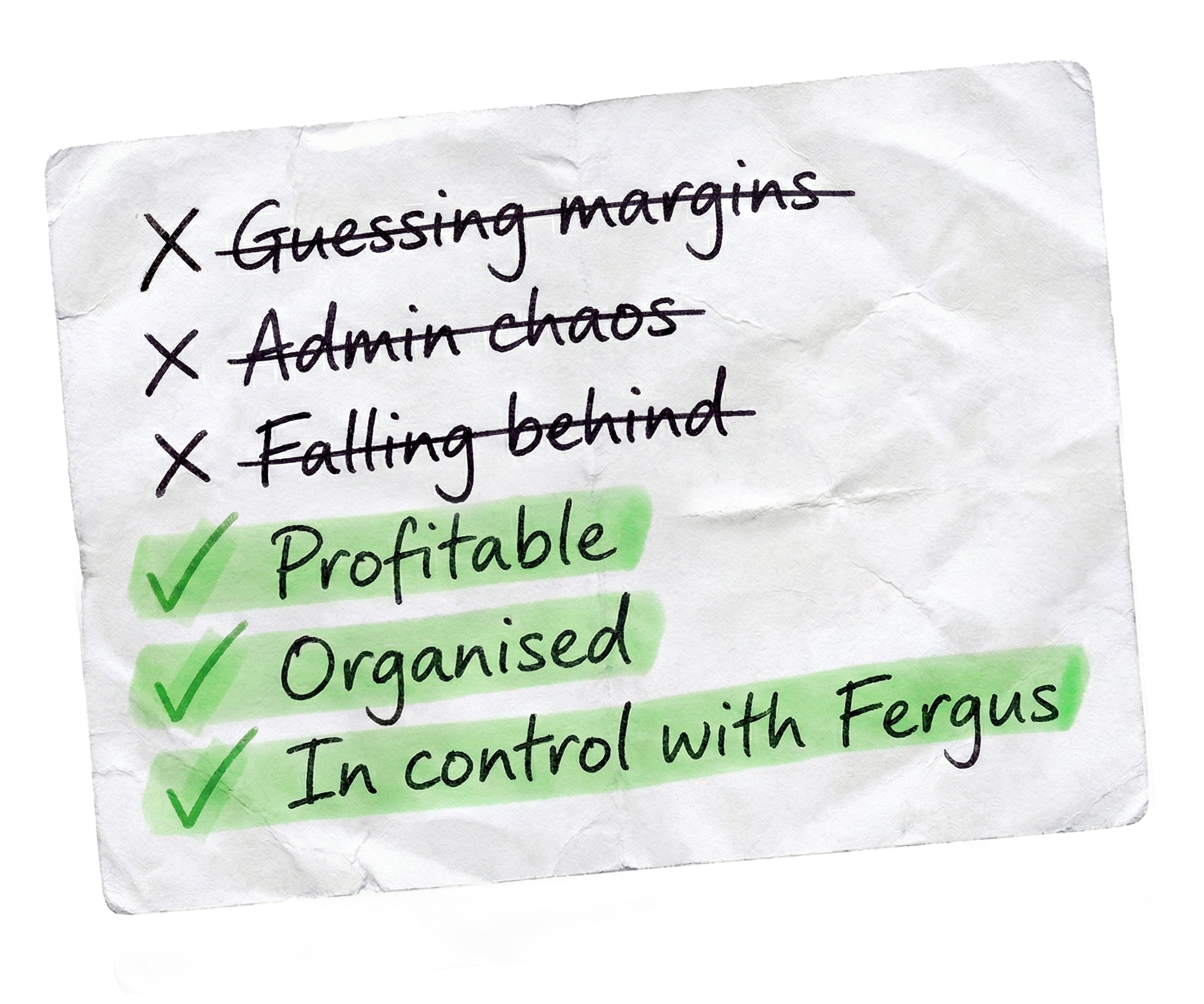
As a plumbers or gas engineers, it’s crucial to understand the significance of gas safety compliance and the importance of gas certificates in your line of work. These things play a big role in ensuring the safe and efficient operation of gas appliances while also keeping you in line with the law. Let’s dive into why gas safety compliance matters and take a look at the different types of gas certificates you need to know about.
Understanding Gas Safety Compliance
Gas safety compliance means following the rules and standards that govern the proper installation, maintenance, and use of gas appliances. In the UK, the Gas Safety (Installation and Use) Regulations 1998 are the go-to guidelines for handling gas appliances safely. As plumbers and gas engineers, it’s essential to stay updated on these regulations and make sure you’re complying with them to ensure the safety of gas installations.
Why Gas Safety Compliance Matters
Gas safety compliance is important because it directly affects the safety of people and properties. When gas appliances aren’t installed or maintained properly, they can be seriously dangerous. We’re talking about risks like carbon monoxide poisoning, gas leaks, explosions, fires, and all sorts of property damage and injuries. By sticking to gas safety regulations, you can prevent these hazards and keep your clients and the public safe.
Gas Certificates: Types and Importance
Now, let’s talk about gas certificates. These certificates are official documents that confirm the safety and compliance of gas appliances. As a plumber or gas engineer, you’re responsible for issuing these certificates to your clients. Here are the main types of gas certificates and why they matter:
Gas Safety Certificate: This certificate covers all gas appliances in a property, including boilers, gas cookers, and gas fires. Landlords who rent out properties are legally required to have this certificate, which needs to be renewed every year. By providing a gas safety certificate, you’re assuring that all gas appliances in the property are working safely, minimizing the risks of gas-related incidents.
Boiler Certificate: A boiler certificate specifically focuses on ensuring the safety and efficiency of a boiler. Landlords must have this certificate for their rental properties and renew it annually. By issuing a boiler certificate, you’re confirming that the boiler is running safely and efficiently, reducing the chances of carbon monoxide poisoning and other gas-related problems.
Gas Certificate: This is a general term for any gas safety certificate related to appliances like boilers, gas cookers, and gas fires. Landlords are required to get this certificate for their rental properties and renew it every year. By issuing a gas certificate, you’re providing assurance that a Gas Safe registered engineer has inspected the gas appliance and confirmed its safety.
The Role of Gas Certificates for Plumbers and Gas Engineers
As a plumber or gas engineer, issuing gas certificates is a vital part of your job. These certificates demonstrate your expertise and compliance with regulations, which builds trust with your clients. By conducting thorough inspections, tests, and issuing the right certificates, you contribute to the overall safety and efficiency of gas installations. It’s also important to keep accurate records of gas certificates for transparency, ongoing maintenance, and to protect yourself from potential liabilities.
How Fergus can help you stay gas safety compliant
With Fergus, you can now create gas safety certificates on the platform, and even on-the-go with the Fergus Go app. Saving you hours of manual input, Fergus can pre-fill your customer’s information and securely manage your certificates in an easy to access, centralised location.
By following regulations and issuing accurate certificates, you’re promoting the safety of gas installations, preventing hazards, and establishing trust with your clients. Conduct thorough inspections and issue certificates diligently to maintain the highest standards of gas safety in your profession.
This article is intended for UK tradespeople. If you are interested in NZ or AU certificates, please visit the following pages for more information: NZ & NSW.
Stop drowning in admin & paperwork. Start focusing on the jobs that make you money.



Our 20,000+ trades businesses have slashed their admin, are getting paid faster, and are finally enjoying their weekends again.







